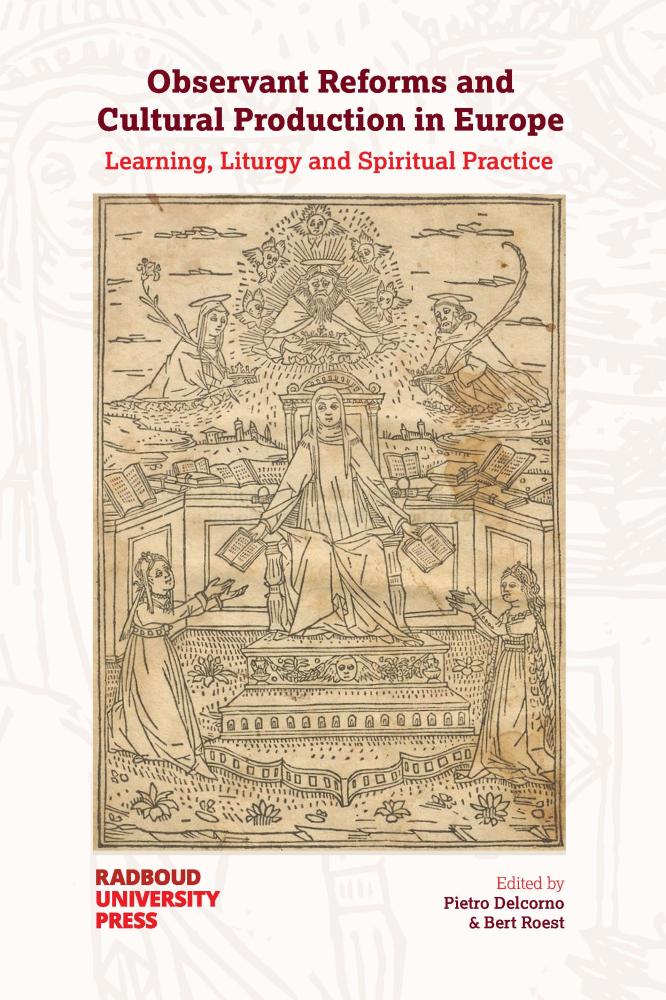Observant Reforms and Cultural Production in Europe: Learning, Liturgy and Spiritual Practice
Keywords:
Cult of Saints, Pastoralia, Pastoral Care, Religious Architecture, Church Music, Liturgy, Book Production, Manuscript Culture, Religious Orders, Devotio Moderna, Observant ReformsSynopsis
The impetus of religious reform between ca. 1380-1520, which expressed itself in a variety of Observant initiatives in many religious orders all over Europe, and also brought forth the Devotio moderna movement in the late medieval Low Countries, had considerable repercussions for the production of a wide range of religious texts, and the embrace of other forms of cultural production (scribal activities, liturgical innovations, art, music, religious architecture). At the same time, the very impetus of reform within late medieval religious orders and the wish to return to a more modest religious lifestyle in accordance with monastic and mendicant rules, and ultimately with the commands of Christ in the Gospel, made it difficult to wholeheartedly embrace the material consequences of learning, literary and artistic prowess, as the very pursuit of such pursuits ran against basic demands of evangelical poverty and humility. This volume explores how this tension was negotiated in various Observant and Devotio moderna contexts, and how communities connected with these movements instrumentalized various types of writing, learning, and other forms of cultural expression to further the cause of religious reform, defend it against order-internal and external criticism, to shape recognizable reform identities for themselves, and to transform religious life in society as a whole.
Chapters
-
1. Observant Reforms and Cultural Production in EuropeIntroductory Remarks
-
2. Which Rhetoric for Which Observance?Provisional Investigations in Fifteenth-Century Italy
-
3. An Amphibious IdentityApollonio Bianchi between Observance and Humanism
-
4. Caterina of Siena in the Writings of Observant Poor ClaresCaterina Vigri and Camilla Battista of Varano
-
5. Religious Life and Visual AuthorityLibrary Decoration among Mendicant Observant Orders
-
6. Observant Reform and Dominican Church Interiors in Italy (15th-16th Centuries)
-
7. The Organ and the Italian ObservanceDiscourses Tested by Practices
-
8. Female Chant Repertoire in Aveiro’s Dominican Convent of Jesus during the Observant Reform (15th Century)
-
9. Towards a Critical Edition of the Libro del Conorte of the Abbess Juana de la Cruz (1481-1534)
-
10. Third Order Convents in Western Flanders: Varieties in Tertiary Observance
-
11. Preaching the Observant Reform in Female Communities Related to the Devotio moderna
-
12. Observant Reform and the Cults of New Dominican Saints in the Southeastern Adriatic
-
13. Was There an Observant Cistercian Movement?Reform in the Medieval History of the Cistercian Order

Published
Series
Categories
License

This work is licensed under a Creative Commons Attribution-NonCommercial-NoDerivatives 4.0 International License.


